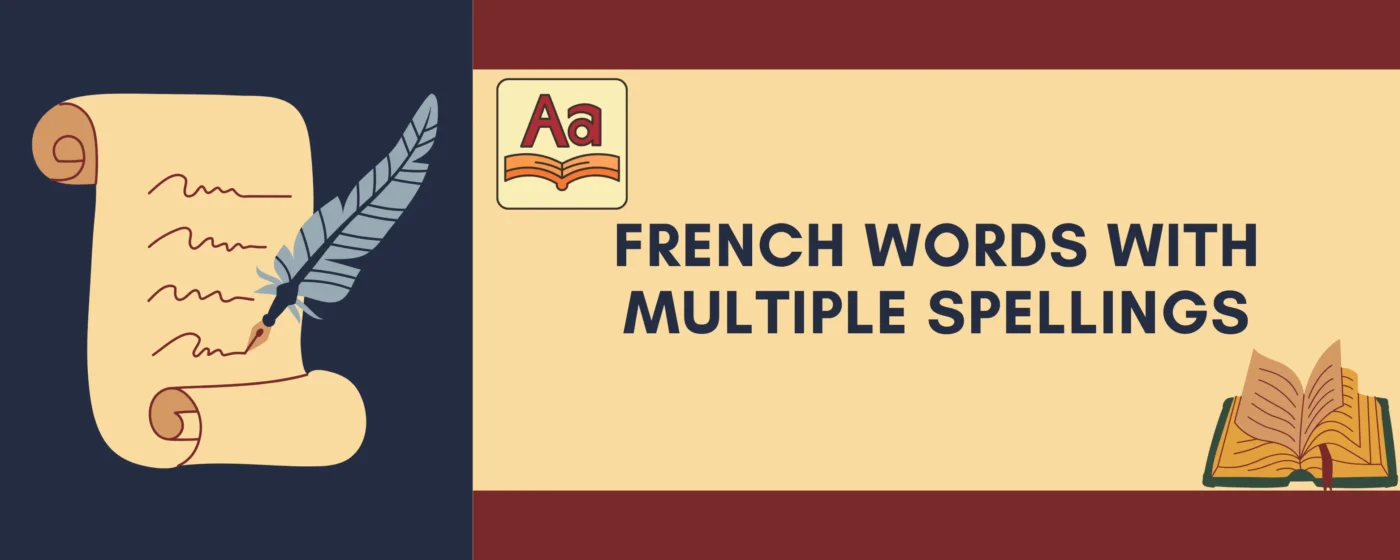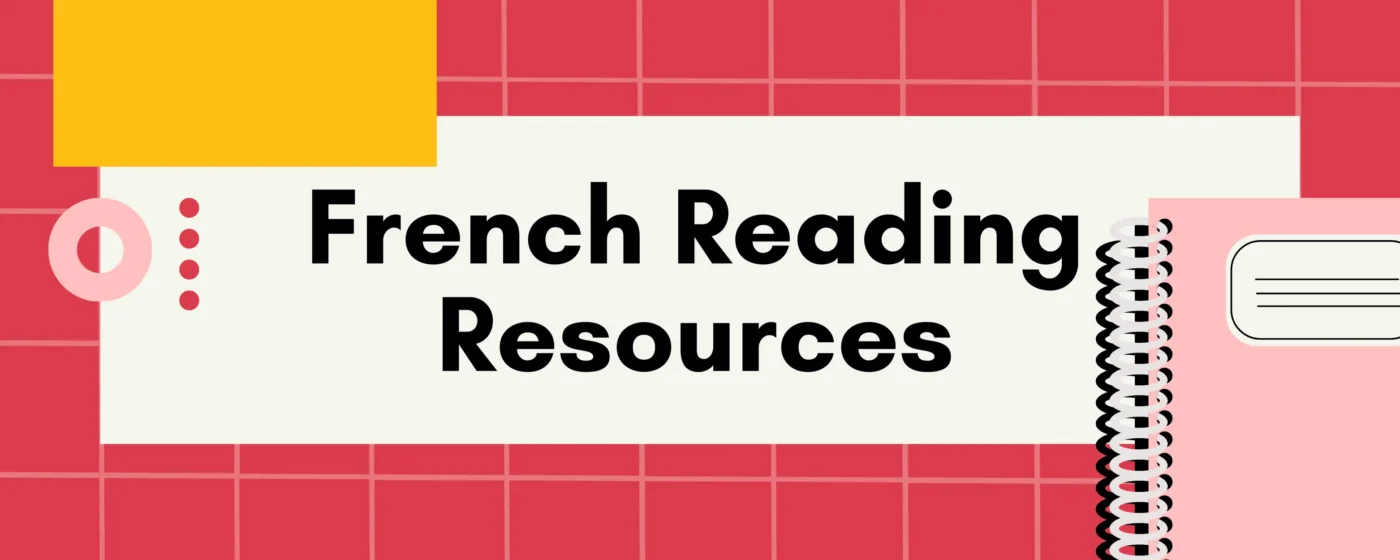In today’s globalized world, writing emails in French isn’t just a skill; it’s a superpower. Mastering this can boost intercultural communication and open up new professional doors. Imagine impressing a French client with your perfect email. Not only will you bridge cultural gaps, but you’ll also expand your career. Plus, you might even avoid a few “lost in translation” moments. Ready to charm with your words? Let’s dive in!
How to Write an Email in French
Writing emails in French differs from English in several ways. French emails often follow a more formal structure, with a distinct layout. The tone tends to be more polite and respectful, reflecting cultural norms. For example, you’ll start with a formal greeting like “Monsieur/Madame” and close with a lengthy sign-off, such as “Je vous prie d’agréer, Monsieur/Madame, l’expression de mes salutations distinguées.”
These differences exist due to French cultural emphasis on formality and respect in communication. Adapting to these nuances can enhance your intercultural communication and show respect for French customs.
How to Write a Formal or Business Email
When writing a formal or business email in French, follow these guidelines:
- Start with a formal greeting: Use “Monsieur/Madame” or “Cher/Chère” followed by the recipient’s title and last name.
- Use polite language: Maintain a respectful tone and avoid slang.
- Structure your email: Include a clear introduction, body, and conclusion.
- Close with a respectful sign-off: Use phrases like “Veuillez agréer, Monsieur/Madame, l’expression de mes salutations distinguées.”
In addition to these points, always address the recipient by their title and last name to show respect. Proofread your email for grammar and spelling errors to maintain professionalism. Following these steps ensures your email is polite, clear, and culturally appropriate.
Email Greetings in French
| Greeting | Usage | Example |
| Monsieur/Madame | Use when you know the recipient’s gender | Monsieur Dupont, |
| Cher Monsieur/Chère Madame | Slightly less formal, yet respectful | Chère Madame Martin, |
| Monsieur le Directeur/Madame la Directrice | Addressing a director | Monsieur le Directeur, |
| Monsieur le Président/Madame la Présidente | Addressing a president | Monsieur le Président, |
| Monsieur le Professeur/Madame la Professeure | Addressing a professor | Madame la Professeure, |
| À l’attention de Monsieur/Madame | Drawing specific attention | À l’attention de Monsieur Bernard, |
| Mesdames et Messieurs | Addressing a group | Mesdames et Messieurs, |
How to Start an Email
| French Phrase | Translation | Context |
| J’espère que vous allez bien. | I hope you are doing well. | Polite opener to show care for the recipient’s well-being. |
| Je me permets de vous écrire au sujet de… | I am writing to you regarding… | Introducing the main topic respectfully. |
| Je tiens à vous remercier pour… | I would like to thank you for… | Expressing gratitude before the main subject. |
| Suite à notre conversation téléphonique… | Following our phone conversation… | Referencing a previous discussion. |
| Je vous écris pour vous informer que… | I am writing to inform you that… | Delivering important information or updates. |
| En réponse à votre demande… | In response to your request… | Replying to a specific query or request. |
| Je vous prie de bien vouloir… | Please be so kind as to… | Politely asking the recipient to do something. |
| Je vous contacte concernant… | I am contacting you regarding… | Introducing the purpose of your email. |
| Je souhaite attirer votre attention sur… | I wish to draw your attention to… | Highlighting a specific issue or topic. |
| Permettez-moi de vous adresser mes salutations distinguées. | Allow me to extend my distinguished greetings. | Formal and respectful way to start your email. |
These phrases help set a respectful and considerate tone, which is essential in French communication.
How to End and Sign Off a Formal Email
Choosing the right closing phrase is crucial for leaving a positive impression in a formal French email. It shows respect and professionalism, and it ensures your message is well-received. Here are some examples of formal closing phrases in French, along with their English translations:
| French Phrase | Translation | Context |
| Veuillez agréer, Monsieur/Madame, l’expression de mes salutations distinguées. | Please accept, Sir/Madam, the expression of my distinguished salutations. | Very formal and respectful, suitable for most formal communications. |
| Je vous prie d’agréer, Monsieur/Madame, l’expression de mes sentiments respectueux. | Please accept, Sir/Madam, the expression of my respectful sentiments. | Formal and polite, commonly used in professional emails. |
| Respectueusement, | Respectfully, | Polite and professional, suitable for formal emails. |
| Cordialement, | Sincerely, | Less formal but still respectful, appropriate for business emails. |
| Sincères salutations, | Sincere regards, | Polite and slightly less formal, good for ongoing business relationships. |
| Bien à vous, | Yours truly, | Friendly yet respectful, suitable for professional but not overly formal contexts. |
| Avec mes salutations distinguées, | With my distinguished regards, | Formal and respectful, suitable for first-time contacts. |
| En vous remerciant par avance, je vous prie d’agréer, Monsieur/Madame, l’expression de mes salutations distinguées. | Thanking you in advance, please accept, Sir/Madam, the expression of my distinguished salutations. | Formal and polite, especially when requesting something. |
| Je reste à votre disposition pour toute information complémentaire. | I remain at your disposal for any further information. | Polite and helpful, shows willingness to assist further. |
| Avec mes remerciements anticipés, | With my anticipated thanks, | Polite and shows appreciation, suitable for requests or assistance. |
Tips for Creating a Professional Email Signature
Include your full name and title: Ensure that the recipient knows who you are and your position.
Add your contact information: Provide your phone number and email address for easy follow-up.
Company information: Include your company’s name, address, and website.
Optional extras: Consider adding a LinkedIn profile or a professional photo.
Example of a Professional Email Signature
Jean Dupont
Directeur des Ventes
XYZ Entreprises
Téléphone: +33 1 23 45 67 89
Email: jean.dupont@xyz.com
Adresse: 123 Rue de l’Exemple, 75001 Paris, France
Site web: www.xyz.com
Key Email Writing Vocabulary and Phrases
Here is a table of essential vocabulary and phrases for writing emails in French, including terms for parts of an email, actions, and common expressions, with English translations.
| French Term/Phrase | English Translation | Context/Usage |
| Objet | Subject | The subject line of the email. |
| Destinataire | Recipient | The person receiving the email. |
| Expéditeur | Sender | The person sending the email. |
| Pièce jointe | Attachment | A file attached to the email. |
| Corps de l’email | Body of the email | The main content section of the email. |
| Formule de politesse | Polite phrase | A phrase used to show respect and politeness. |
| Veuillez | Please | Used to make polite requests. |
| Merci d’avance | Thank you in advance | Used when requesting something and showing appreciation. |
| Bien cordialement | Best regards | A respectful sign-off phrase. |
| Pourriez-vous | Could you | Used to make polite inquiries or requests. |
| Je vous écris pour | I am writing to you regarding | Used to introduce the purpose of the email. |
| En pièce jointe, vous trouverez | Attached, you will find | Used to refer to attached files. |
| Je reste à votre disposition | I remain at your disposal | Used to offer further assistance or information. |
| Je vous remercie pour votre attention | Thank you for your attention | Used to show appreciation for the recipient’s time. |
| Dans l’attente de votre réponse | Looking forward to your response | Used to express anticipation for a reply. |
| Je me permets de vous contacter | I am taking the liberty of contacting you | Used to introduce oneself politely. |
| Suite à notre conversation | Following our conversation | Used to reference a previous discussion. |
| Nous vous prions de | We kindly ask you to | Used in formal requests. |
| Recevez mes salutations distinguées | Best regards | A formal sign-off phrase. |
| Avec tous mes remerciements | With all my thanks | Used to show deep appreciation. |
Learning French? Let’s Make It Easy!
Join our courses and get expert tips that make French feel like second nature!
Examples of Business Emails
Here are examples for a formal thank-you email, a request email, a welcome email, a written warning email, a sales/promotional email, and a referral email.
Formal Thank-You Email
Subject: Remerciements pour notre réunion
Monsieur/Madame [Nom],
Je tiens à vous remercier pour notre réunion d’hier. Votre temps et vos insights ont été extrêmement précieux. Nous avons hâte de collaborer avec vous sur ce projet.
Veuillez agréer, Monsieur/Madame, l’expression de mes salutations distinguées.
Cordialement,
Jean Dupont
Directeur de Projet
XYZ Entreprises
Request Email
Subject: Demande de rendez-vous
Monsieur/Madame [Nom],
Je me permets de vous contacter pour organiser un rendez-vous afin de discuter des détails de notre collaboration. Pourriez-vous, s’il vous plaît, me faire part de vos disponibilités la semaine prochaine?
Dans l’attente de votre réponse, veuillez agréer, Monsieur/Madame, l’expression de mes salutations distinguées.
Cordialement,
Jean Dupont
Directeur de Projet
XYZ Entreprises
Welcome Email
Subject: Bienvenue chez XYZ Entreprises
Cher/Chère [Prénom],
Nous sommes ravis de vous accueillir au sein de notre équipe chez XYZ Entreprises. Votre expérience et vos compétences seront un atout précieux pour nous. Nous vous attendons lundi à 9h pour commencer votre intégration.
Veuillez agréer, Cher/Chère [Prénom], l’expression de mes salutations distinguées.
Cordialement,
Jean Dupont
Directeur des Ressources Humaines
XYZ Entreprises
Written Warning Email
Subject: Avertissement écrit concernant la conduite professionnelle
Monsieur/Madame [Nom],
Je vous écris pour vous informer que votre conduite récente ne respecte pas les standards de notre entreprise. Nous avons observé plusieurs incidents qui nécessitent une attention immédiate. Nous vous prions de rectifier votre comportement sous peine de mesures disciplinaires.
Veuillez agréer, Monsieur/Madame, l’expression de mes salutations distinguées.
Cordialement,
Jean Dupont
Directeur des Ressources Humaines
XYZ Entreprises
Sales/Promotional Email
Subject: Offre spéciale: 20% de réduction sur nos produits
Cher Client/Chère Cliente,
Nous sommes heureux de vous proposer une offre exclusive: bénéficiez de 20% de réduction sur tous nos produits jusqu’à la fin du mois. Ne manquez pas cette opportunité pour découvrir nos nouveautés et profiter de prix réduits.
En vous remerciant de votre fidélité, veuillez recevoir nos salutations distinguées.
Cordialement,
Jean Dupont
Directeur Commercial
XYZ Entreprises
Referral Email
Subject: Recommandation d’un candidat
Monsieur/Madame [Nom],
Je me permets de vous recommander [Nom du Candidat] pour le poste de [Poste] au sein de votre entreprise. [Nom du Candidat] possède les compétences et l’expérience requises pour exceller dans ce rôle. Je suis convaincu(e) qu’il/elle sera un atout pour votre équipe.
Veuillez agréer, Monsieur/Madame, l’expression de mes salutations distinguées.
Cordialement,
Jean Dupont
Directeur des Ressources Humaines
XYZ Entreprises
Conclusion
In summary, writing emails in French is crucial for effective professional and personal communication. We’ve covered greetings, starting and ending emails, and essential vocabulary. Practicing these tips will enhance your email writing skills. Keep refining your abilities and explore more resources on La Forêt French Class to further improve. Happy writing!
Frequently Asked Questions
1. How do you start an email to a professor in French?
Ans: Begin with a formal touch, such as “Monsieur le Professeur” or “Madame la Professeure.” Add a polite opener like “J’espère que vous allez bien” to show respect. This sets a professional tone right away. For more polished tips, explore La Forêt French Class.
2. What is the French email rule?
Ans: The golden rule? Stay formal and polite. Kick-off with a respectful greeting, keep the language formal, and steer clear of slang. End with a courteous closing phrase. Master these tips for professional finesse!
3. What is the French word for email?
Ans: In French, email transforms into “courriel.” It’s the go-to term in formal settings, even though “email” is also understood.
4. What is the TR in French email?
Ans: “TR” stands for “Taux de Réponse” or Response Rate. It’s the magic number that shows how many replies your emails get.





